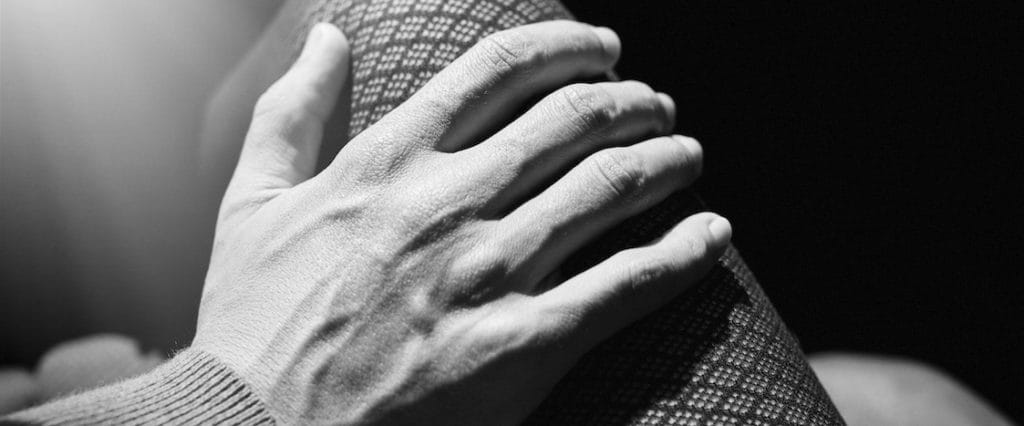A modified form of a test for obsessive-compulsive disorder can help doctors identify men likely affected by symptoms of sex addiction, according to findings from a team of American researchers. Like all forms of non-substance-related behavioral addiction, sex addiction is a condition that shares at least some features with conditions centered on unusually obsessive and/or compulsive actions. In a study published in February 2015 in the journal Comprehensive Psychiatry, researchers from three U.S. institutions assessed the usefulness of a modified version of a test for obsessive-compulsive behavior—called the Yale-Brown Obsessive-Compulsive Scale or Y-BOCS—for men potentially involved in addictive consumption of pornography. These researchers concluded that the modified form of Y-BOCS is a fairly reliable indicator of sex addiction-related problems.
Signs of Sex Addiction
People affected by sex addiction use sexual activity, sex-related thoughts or sex-related fantasies in roughly the same way that a person affected by substance addiction uses drugs or alcohol. Effectively, this means that sex becomes dysfunctional and life-impairing rather than functional and life-supporting. Since sex addiction does not hinge on substance consumption, it falls under the heading of a group of conditions called behavioral addictions, which produce damaging changes in brain function and day-to-day behavior that don’t stem from drug or alcohol intake. Currently, doctors in the U.S. don’t have a standard method for diagnosing an addiction to sexual activity, thought or fantasy. However, they do have access to a number of screening tools that can help identify the condition. Excessive and/or impairing consumption of pornography is one of the possible manifestations of sex addiction. Some affected individuals may wholly or primarily access pornography over the Internet, while others may wholly or primarily access pornography in the form of books, magazines or physical copies of videos. In addition, some people only have problems with the addictive use of pornography, while others also have problems related to other manifestations of sex addiction. Some doctors and researchers use the term cybersex addiction to refer to a dysfunctional reliance on the Internet as a source of pornography or other sex-related material.
Yale-Brown Obsessive-Compulsive Scale
As its name implies, the Yale-Brown Obsessive-Compulsive Scale was originally designed to help doctors and other health professionals test their clients/patients for the symptoms of obsessive-compulsive disorder (OCD), a condition characterized by recurring, disruptive thoughts called obsessions, as well as by repeated, compulsive behaviors knowingly or unknowingly intended to relieve the mental pressures of obsession. The Y-BOCS allows health professionals to identify the presence of obsessions related to such things as aggressive behavior, fear of contamination, religion, bodily illness and cleanliness. It also allows health professionals to identify the presence of compulsive behaviors such as counting, repeating, placing things in a certain order, hoarding and enacting superstitious beliefs.
Usefulness for Sex Addiction Testing
In the study published in Comprehensive Psychiatry, researchers from the Veterans Administration, the Yale University School of Medicine and the University of Chicago used a project involving 103 men to assess the possibility of using a modified form of the Yale-Brown Obsessive-Compulsive Scale to identify cases of sex addiction. All of the men enrolled in this project were seeking treatment for sex addiction related to the dysfunctional consumption of some form of pornography. In addition, roughly 50 percent of the study participants had a history of recurring involvement in sex with unnamed or unidentified partners. The modifications to the Y-BCOS were centered on the obsessive or compulsive consumption of pornography and/or obsessive or compulsive involvement in other forms of sexual behavior, thought or fantasy. After reviewing the results of two separate applications of the modified Yale-Brown Obsessive-Compulsive Scale, the researchers concluded that the test is a reliable and useful indicator of obsessive and/or compulsive behaviors related to sex addiction. Specifically, they concluded that the screening tool produces results that make sense, apply meaningfully to affected individuals and appear in a consistent form when the test is taken multiple times. In addition, the researchers concluded that, among the study group, those individuals affected by anxiety or depression commonly had significantly worse symptoms of sex-based obsession-compulsion. The researchers also used their project to look for other diagnosable mental health problems in men likely dealing with sex addiction. They concluded that the overwhelming majority of the study participants (94 percent) had potentially diagnosable symptoms of at least one other condition. In addition, more than half of the participants (57 percent) had potentially diagnosable symptoms of at least two other conditions.

